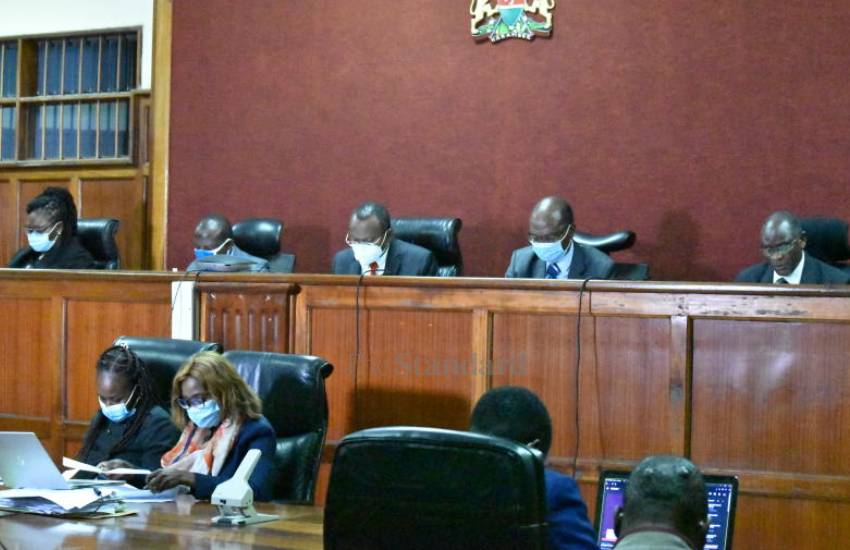
The thunderbolt judgment upholding the consolidated petition against the Constitution Amendment Bill 2020 offers sobering lessons.
First, is that our Judiciary is solid. Second, in an age where conforming is the rule rather than the exception, telling off an overbearing, bullying Executive is courageous. Third was a reminder that outcome is as important as the process taken to arrive at it. It echoes Chuck Rosenberg’s - a former US Attorney General- contention that the rule of law “is a construct; it is designed; nurtured and safeguarded by people and the institutions for which they work… and that it is “not immutable and so we should not take it for granted.”